Do these episodes represent you? — Five common bridges in sex / other niche film and television works
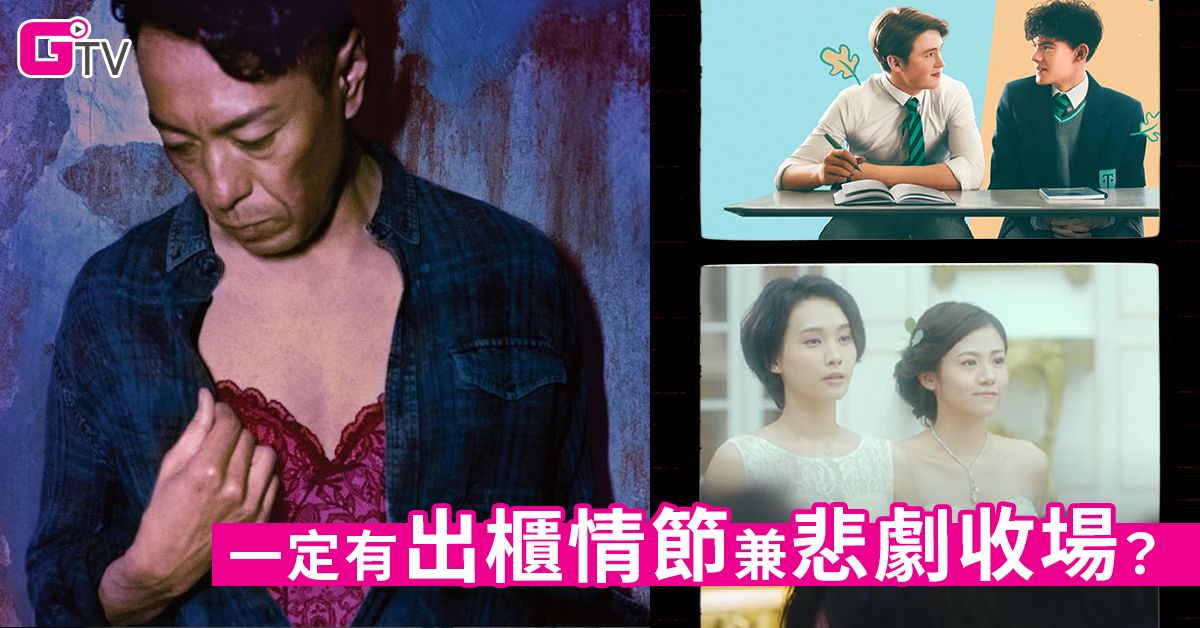
Written by: Rita
Text Editor: Emily
Website Editor: EQ
Did everyone watch "Yes or No" (2010) and were deeply moved by the relationship between Kim and Pie? Can you also feel the pain of losing your first love when watching "Call Me by Your Name" (2017)? Gay film and television works have emerged in recent years and have gradually evolved into a genre. As a soft cultural output, film and television works are an important part of making the gender/gender minority more visible. However, does "fashionable taste" really make the gender/gender niche more understood? Do you feel that some scenes "always appear" when watching the movie? The author attempts to summarize five common story developments or characterizations. Do these passages reflect the real situation or reinforce the established impression of the gender/gender niche?
1. Characters will eventually choose to be with the opposite sex
One of the parties in the relationship will eventually choose the bridge of the opposite sex, which can be divided into two types.
When describing the conservative era when homosexuality was not accepted, the characters were unable to deal with their sexual minority status due to social pressure, and then returned to the "normal life" of marriage and childbirth. In the early "Maurice" (1987), Clive, who was born in Cambridge University, decided to break up with Maurice because he didn't want to be ruined, and put Maurice in the position of his best friend after marriage. In the Hong Kong-produced film "Like You Are You" (2021), Li Yonglan wishes her beloved Li Xinyue to be happy, willing to attend the wedding, hand her over to the groom, and retreat to the position of "best friend" as a bridesmaid. In these stories, although same-sex love has always affected the characters, it is only a compromise and transitional nature during growth, and it is one of the stages of the character's life.
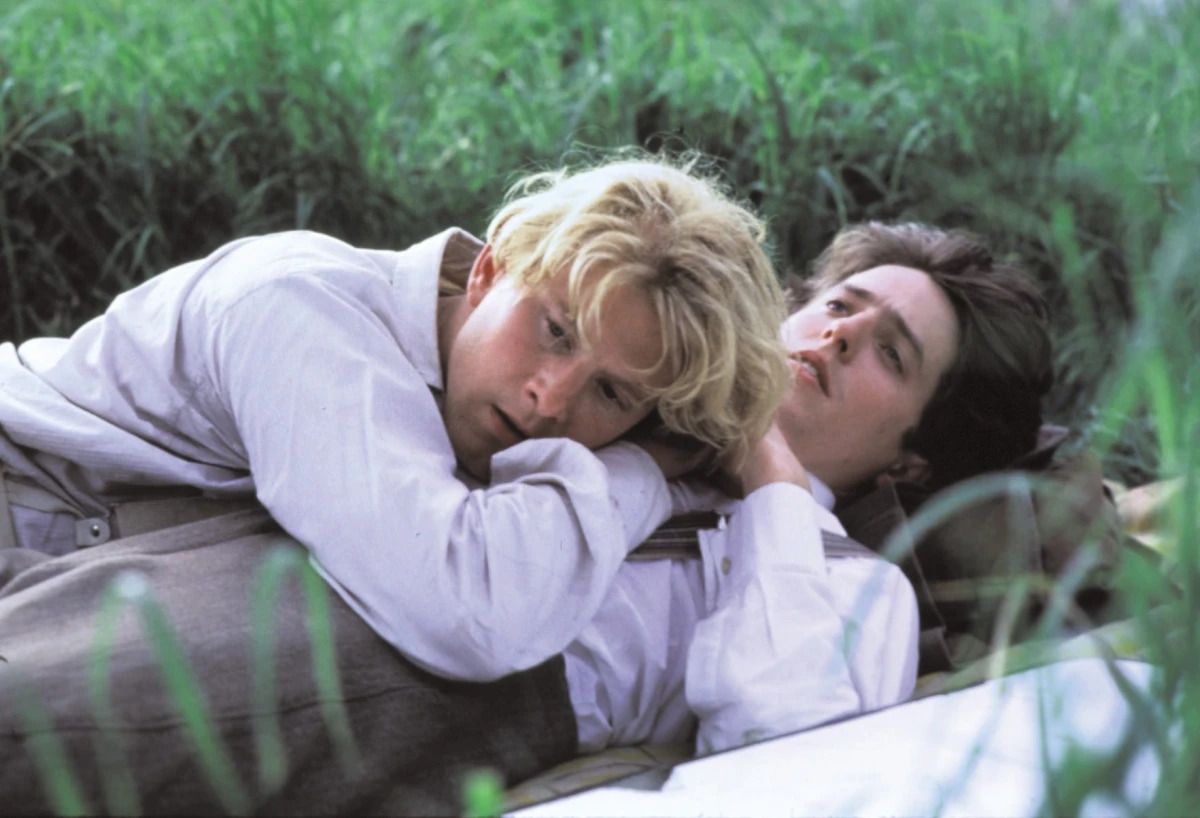
Another aspect is that the person who the character "thinks" likes will eventually choose to be with the opposite sex, which leads to the separation of the two. Generally speaking, it is the myth that falling in love with a so-called straight man or a straight woman has no good results. The comic adaptations "Untouchable Love" (2014), "Love in the End" (2020), and last year's popular Hong Kong version of "Uncle's Love" actually have such plots. When the person who thinks he is gay finds that the person he likes is being pursued by the opposite sex or has a desire to form a family and have children, the first reaction is not to communicate and seek consensus between the two parties, but always immediately and forcefully request to get rid of this relationship. Quit, and hope that the other party can become happier because of it.
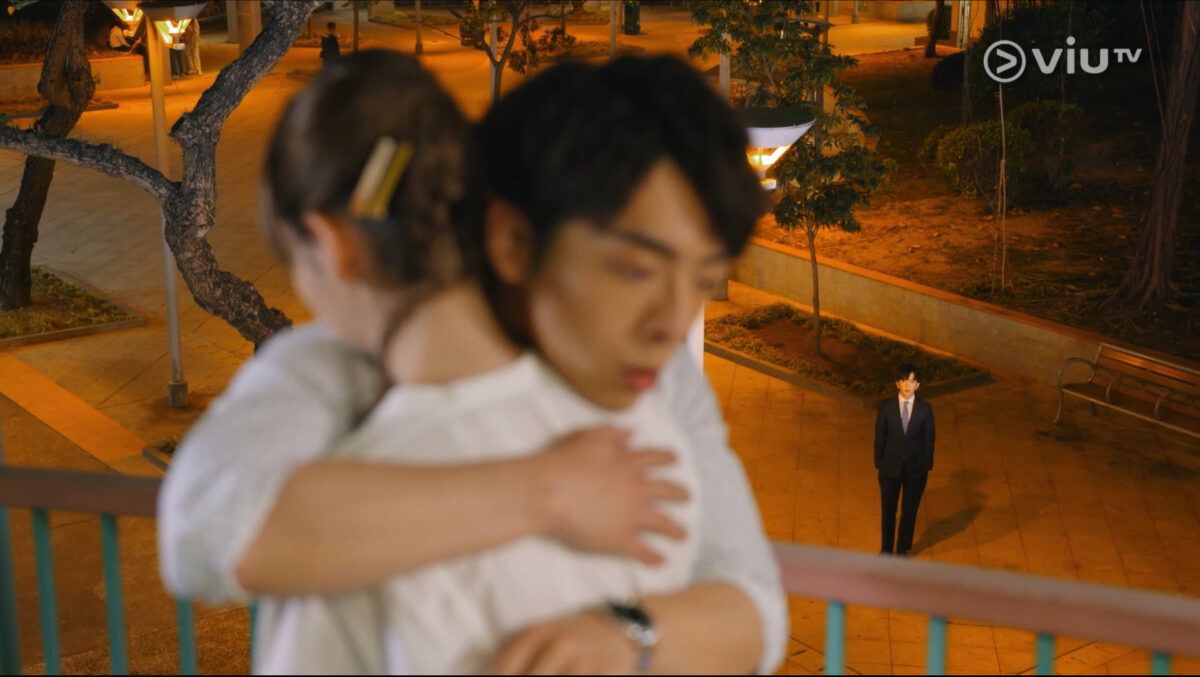
Follow GDotTV Telegram Channel,
Stay up-to-date with the latest news on G-spot TV!
2. Indelible tragic color
I don’t know if you have ever tried watching a set of gay film and television works with great anticipation and a good response, but were disappointed? For the author, "The Name Engraved in Your Heart" (2020) is one of them. Although the film is set in the 1980s when the martial law was just lifted, there is no major environmental factor that must separate the two. From the beginning to the end, I see more of the protagonist's inner homophobia and the conflict and mutual harm. Finally, there will be a reunion after many years to end the love affair, as if to reiterate that they are destined to not be together. .
Characters with emotional sadness, regretful beauty, or sentiments such as inspirational and perseverance are another common character creation. For example, Jiang Guoqiang (played by Wu Zhenyu) in "Forty Gay Men" (1997) was censured by his lover's relatives and maliciously exposed by the media when he just attended his lover's funeral. In "Lan Yu" (2001), Handong finally decided to put aside his worldly gaze and be with Lan Yu, but the plot arranged for Lan Yu to die unexpectedly at this time. In "Midnight Swan" (2020), a group of transgender people who work hard to live will eventually have to sacrifice their dignity and go to sea to make money for various reasons such as the economy and the completion of a complete set of sex reassignment surgery. The author certainly understands that film and television works are one of the bridges that reflect a certain era, and the gender/gender minority has indeed suffered various injustices in a long history. However, now that society's understanding and discussion of gender/gender minorities are becoming more and more clear, can such a tragic color be slightly removed?
3. Pursue dramatic coming-out conflict
The plot of the protagonist who was accidentally discovered by his relatives and friends, and then came out of the closet, which led to conflict, was especially evident in gay films and TV works that expounded oriental culture. Step by step, such as "The Banquet" (1993), the large-scale transformation of the cohabitation home and the fake marriage are all laid out in the final 20 minutes of Wei Tong having to come out of the closet to his mother. Due to his father's stroke being admitted to the hospital, it is not a farce of rummaging, but the mother's line "Did Simon (Wai Tong's lover) bring you bad?" is also a classic line.
When it comes to violent conflicts, I have to mention two Hong Kong films that have talked about transgender issues in recent years: "Tracy" (2018) and "Women Are Women" (2018). Nobita (played by Jiang Haowen) in "Tracy" decides to undergo gender reassignment surgery, and on the night of a showdown with his wife An Yi (played by Hui Yinghong), he is ready to abandon his wife and children and settle his family with money; Crying, making trouble and hanging up to save, this coming out ended in a lose-lose situation. Song Zizhen (played by Li Huimin), a trans woman in "Women Are Women", was also out of the closet. She was directly accused by her husband of being cheated on marriage for many years, denying that trans women were equal to women. Weeping in the empty house.
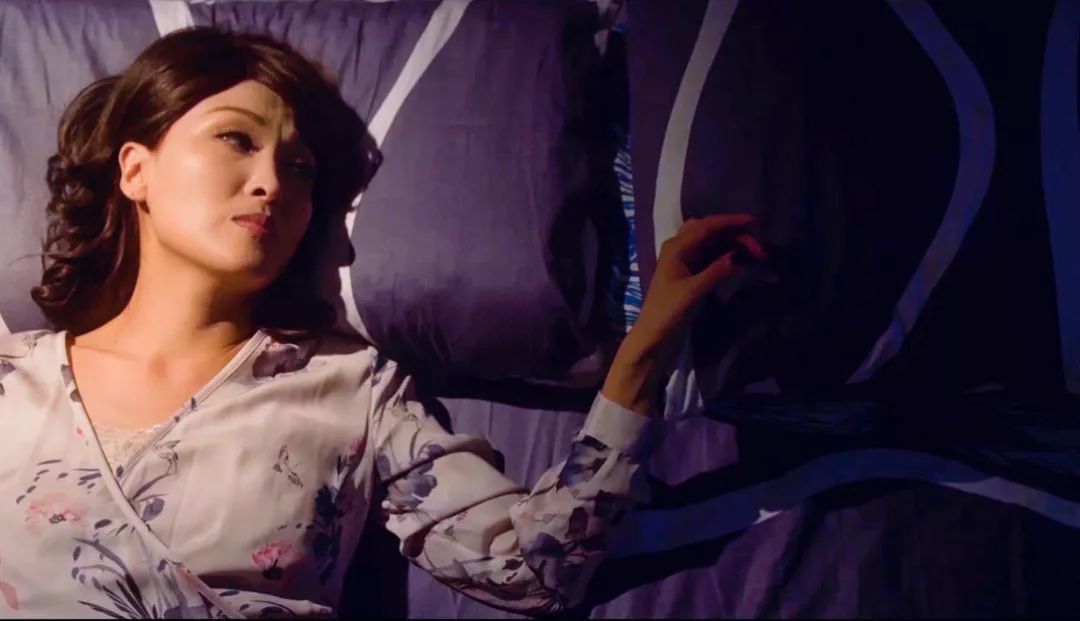
Coming out of the closet often serves as a dramatic climax in gay films and TV shows, even those that take a refreshingly comedy line. For example, "Love, Simon" (2018) and even the recently popular "Heartstopper" (2022) also focus on the changes that the characters face after passively or actively coming out of the closet.
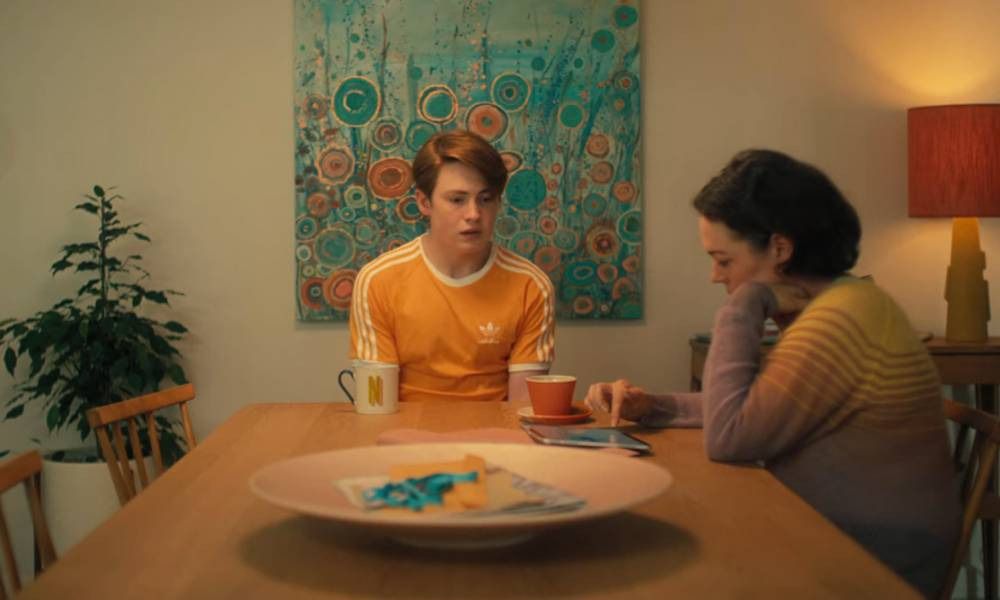
Will the coming out episodes that create violent conflicts deter viewers who want to come out to their relatives and friends? Is coming out a necessary part of facing your gender identity? The author believes that whether or not to come out, and in what form, are all very personal choices. In real life, none of these experiences can be easily simulated by the above paragraphs, but it's not a bad thing to use as a reference or an introduction to rational discussion.
4. Gender stereotypes imposed on characters
Do film and television works that focus on gender/different minorities often inadvertently emphasize gender role stereotypes? When depicting the feelings of lesbians, the person who dresses neutrally often plays the role of "male"; on the other hand, in many BL film and television works, we always seem to acquiesce, and the one with a more feminine temperament in the relationship is the "recipient" ". Thinking back to "Wrong Gender, Good Love" (2016), which caused a lot of discussion in the past few years, to the recent "Love. Killing" (2020), the two roles of Miller and Du Xiaofeng still largely restore the typical dress of "handsome T": shovels, tattoos, clothing, preferences and tone of speech are all masculine; they also tend to take responsibility in relationships The one who is in charge of flirting and has a more violent mood with the feeling of a "domineering male protagonist".
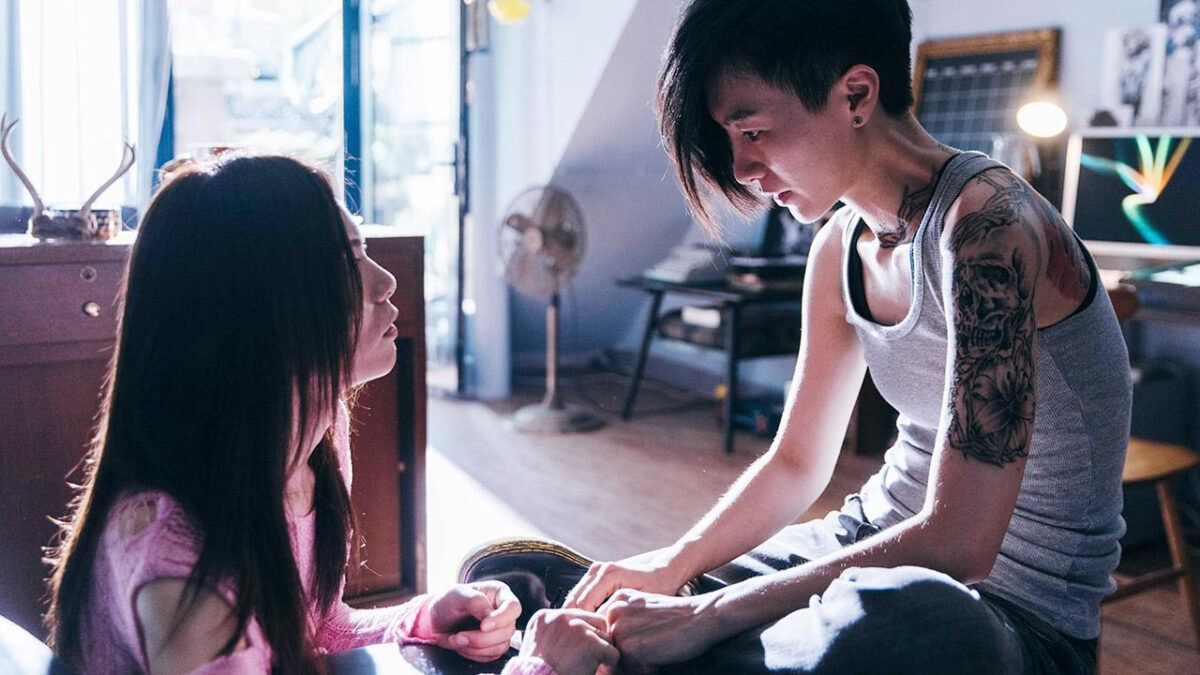
The author believes that gender stereotypes are sometimes presented in the form of emotionally unequal power relations, or social class levels, in a model similar to the "pure little white rabbit" versus the "cunning big wolf". Carol and Therese in Carol's Lover (2015) are both very feminine in appearance and behavior, and facing the rich and powerful Carol, Therese, who is only a salesperson, is in this two-way love. Often they can only run after Carol, and even passively tell the relationship to stop. The same is true of the previously mentioned "Lan Yu". Lan Yu is a poor student and can only look up to Chen Handong, the son of a powerful and powerful cadre; Handong's caring for Lan Yu also shows a kind of charity and domination. attitude. In this kind of relationship in which one party always needs to compromise, the author is worried about their difficult relationship; I can’t help but reflect on whether the acquiescence of the weaker party to sacrifice for the relationship also validates the society still imposes on men and women. Gender expectations ("powerful" men make choices, "weaker" women make compromises)?
5. Gender/gender minorities are always different from ordinary people
"Different" from ordinary people does not necessarily refer to the bad side. Just as director Yang Yaokai talked about the public lecture on "Sex/Different Minority and Media Presentation" that some audiences had always thought that comrades were all comrades before watching "Uncle Uncle" (2019). Very young, westernized and trendy. In the director's work Front Cover (2015), fashion designer Ryan also said half-puffed and half-seriously: "All the good stylists are gay! ". There is also the popular reality show "Queer Eye", which has been popular since its broadcast in 2018. The host of Fab 5 is involved in the fields of wine and food, fashion, culture, interior and hair design, and also uses queer Or a comrade's vision is a banner of a different kind, suggesting a better attitude to life for others. Gender/gender niches often seem to confer a sense of talent.
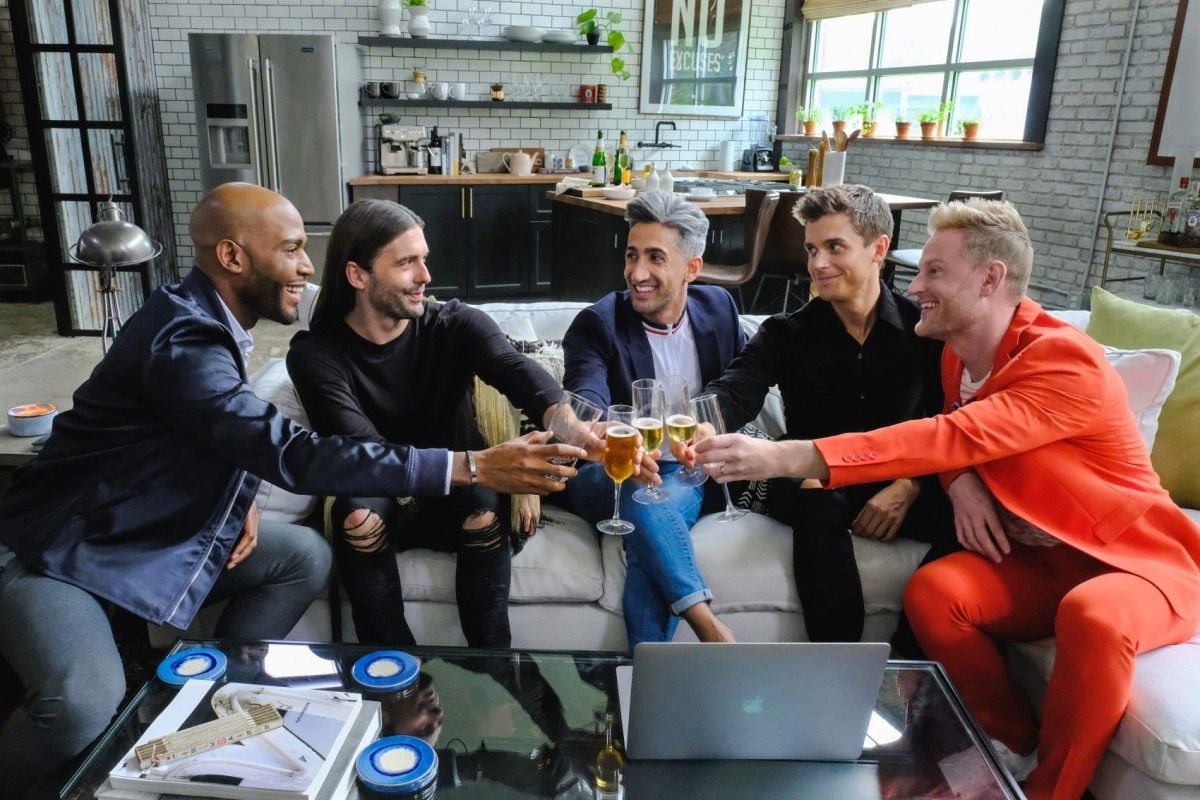
On the negative side, the stigma of gay people in film and television works has always existed, and the gender/gender minority is often linked to crime. Adapted from The Talented Mr. Ripley (1999), the first film in the crime novel series of the same name, Tom Ripley, who is gay, is a gifted criminal, and killing his lover in the movie becomes a moral imperative. The last straw of the line. The original author, Patricia Highsmith, has also been trapped by her sexual orientation for a long time. The above-mentioned "Carol's Lover" is also an autobiographical novel written by her under a pseudonym and hiding her identity. To shape the most representative Tim Ripley in this way seems to be a personal certification from the author for the guilt of the gender/gender minority. "Moonlight" (2016), which won the Oscar for best film, is a set of growth films. The protagonist Juan, who is both black and gay, grew up in the notorious professional circle of drug dealers and could not escape. .
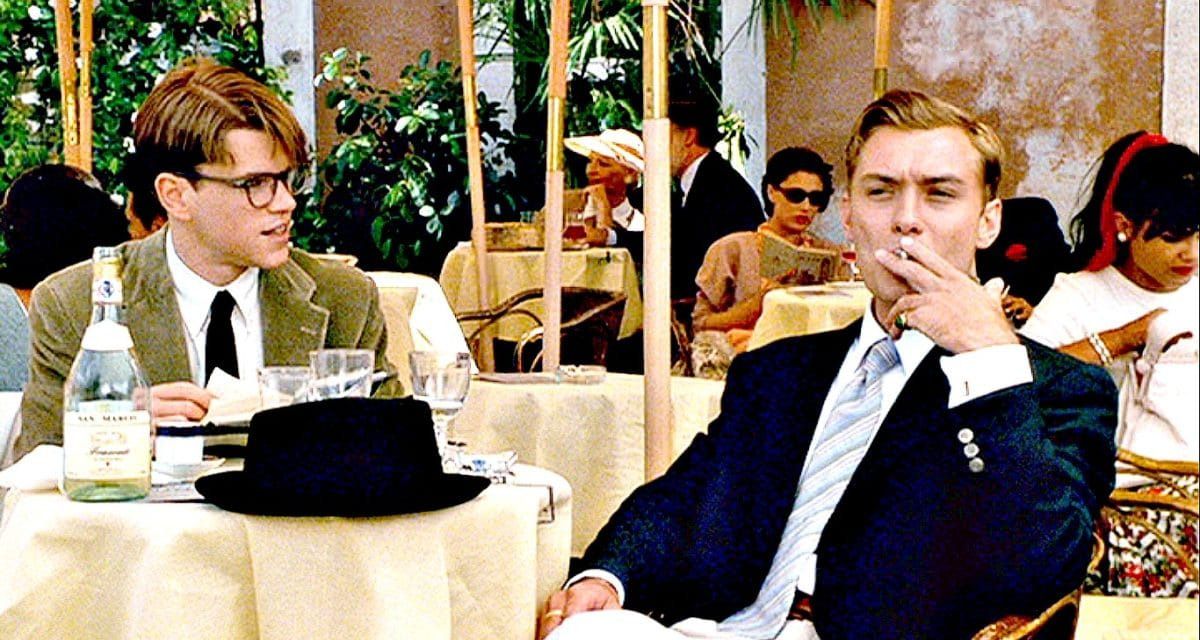
Gay film and television works have always told many interesting and special stories, and many of the examples mentioned above are even my favorite works. As ordinary people in the community, you and I, have these episodes ever made you empathize, sneer, and have mixed feelings? Is there more room for discussion on topics such as the fluidity of sexual orientation, gender identity, and multi-family marriage? Will there be more surprising plots in the future gay film and television works? I am looking forward to it as much as everyone else.
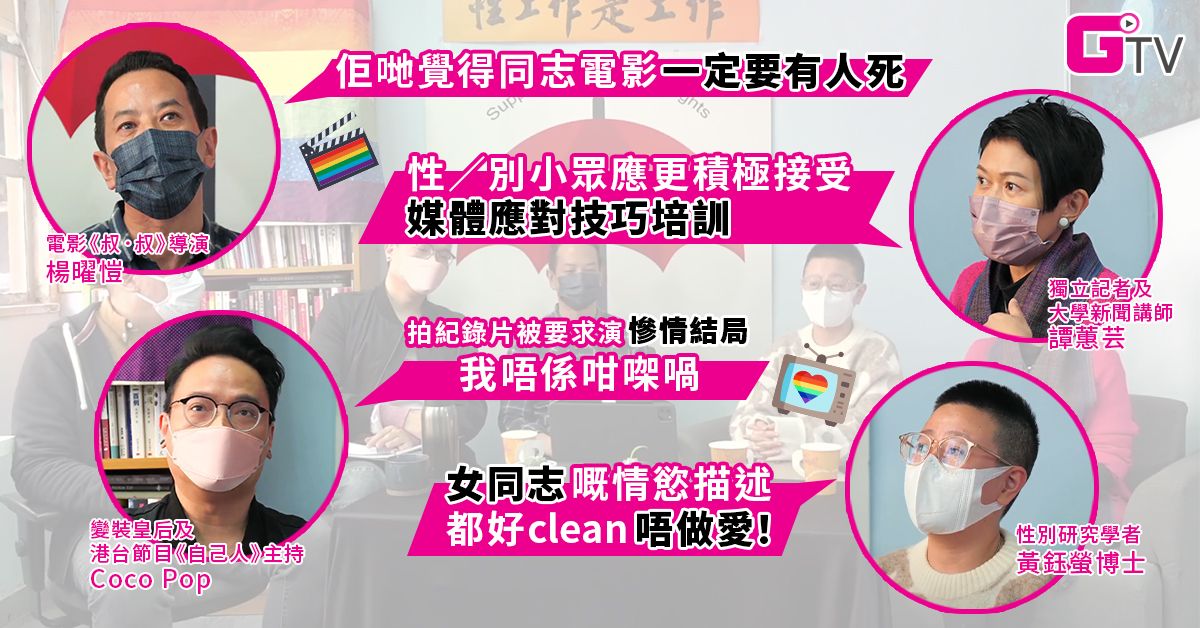
Extended reading: "Routines are also discrimination": How do the media today portray gender/no niche?
Original link G-spot TV
Like my work? Don't forget to support and clap, let me know that you are with me on the road of creation. Keep this enthusiasm together!

- Author
- More